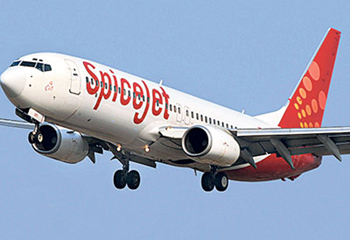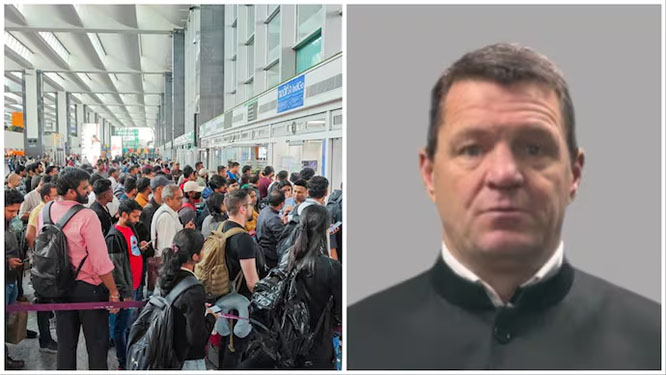
"I don't think the government can afford to take on such loans onto itself," Raju told CNN-IBN responding to a question whether the government will extend any guarantee as far as the beleaguered airline's debts are concerned.
The Minister, however, expressed the hope that SpiceJet will come out of the current financial crisis.
"We hope not. We hope they (SpiceJet) will be able to fly out of the financial turbulence which they are going through," he said when asked whether the airline was going the grounded Kingfisher Airlines way.
Raju also said the Directorate General of Civil Aviation has done its job by withdrawing the airlines' unused slots and passing other directions to SpiceJet.
Concerned over the deteriorating financial health of SpiceJet and large-scale flight cancellations, aviation regulator DGCA had yesterday withdrawn 186 of its slots and asked it to clear salary dues of all its employees by December 15.
The airline had, however, in a statement yesterday, said surrendering the unused slots to an airport operators was a routine practice and it had already paid November salaries to almost 85 per cent of the employees two days ago.
After reviewing the situation facing the no-frill carrier, DGCA chief Prabhat Kumar took a series of decisions, including asking the airline to file a "convincing schedule" by December 15, to clear its over Rs 1,500 crore dues to various vendors including airports and oil companies as well as stop taking bookings beyond one month among others.
93 arrival and as many departure slots were withdrawn by DGCA as the low-cost carrier was operating 232 flights in October, as against 339 in September.
Ashok Gajapathi Raju had late last week raised serious concern over the financial health of the domestic airline.
"We are running through a lot of turbulent weather...not only the public sector, private sector is also crashing. (With) Kingfisher crashing and, right now, SpiceJet seems to be giving us heart attacks as far as airlines are concerned," Raju had said.
The regulator would henceforth carry out "heightened" surveillance of all SpiceJet flights on landing to ensure that safety is not compromised due to its financial troubles, DGCA sources had said yesterday.








Comments
Add new comment